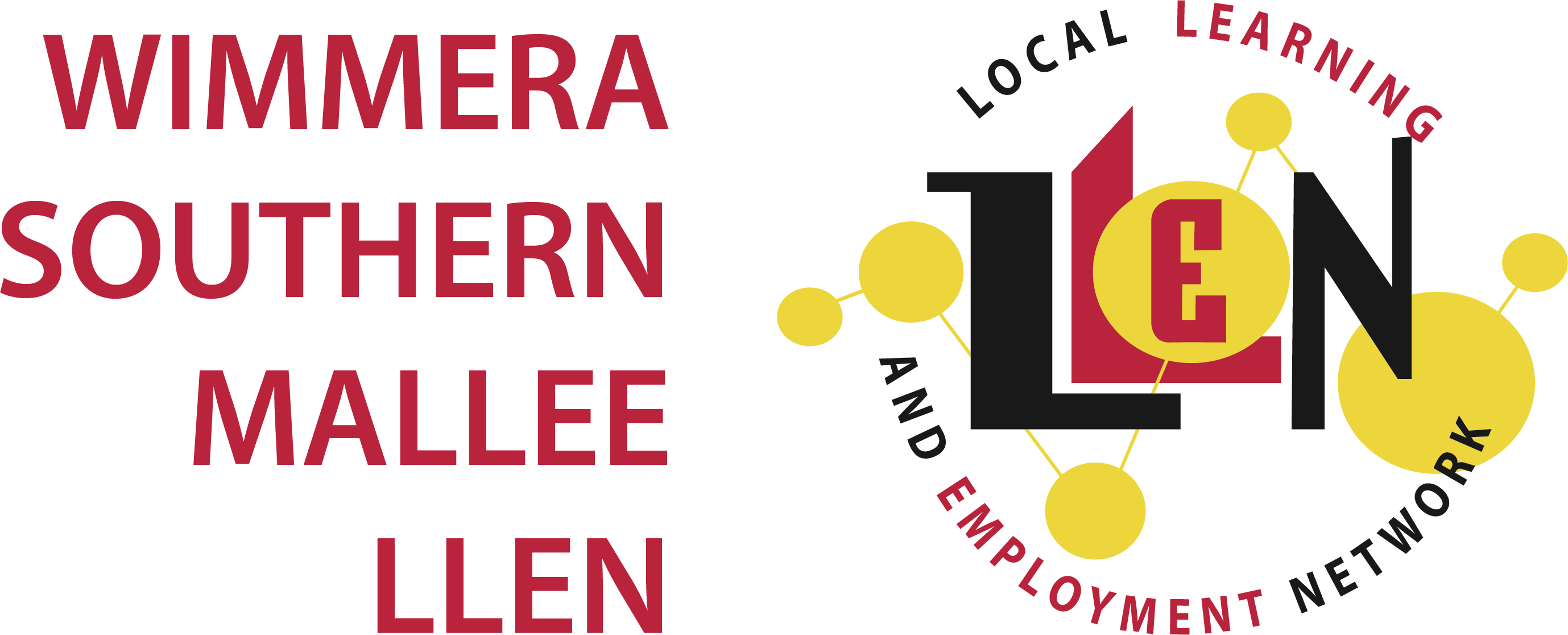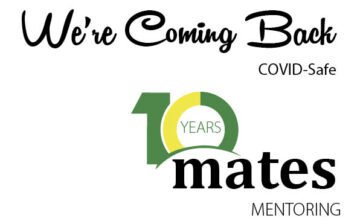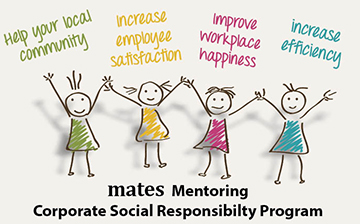MATES MENTORING
MATES RETURNING IN-PART
We know from numerous reports and research that the coronavirus disease (COVID-19) has taken a toll on our community, particularly our young people, either directly or indirectly.
Our children and young people have faced unprecedented turmoil and exposure to trauma which has impacted on their overall wellbeing. They’ve experienced a collective of negative events; events that singularly would cause stress and anxiety for most, including loss of employment, social restrictions and having to adapt to remote learning. Our most vulnerable young people have faced even more with an increase in family violence, exposure to alcohol and other drugs, and household financial stress.
A Raise Foundation report estimates that up to 15% of children will experience significant mental health symptoms following exposure to an event such as the COVID-19 pandemic.
MATES Mentoring, now 10 years established, which has been implemented across regional Victoria to support the wellbeing of children and young people, was put into hiatus with COVID-19 restrictions.
WSMLLEN is pleased that the MATES Program will be returning to the Wimmera and Southern Mallee region in a format involving off-campus mentoring which may take place with very detailed protocols to minimise any risk to mentors, mentees and the broader community. In-school (on-campus) mentoring will not operate until further notice.
Mentoring has a valuable role to play in supporting young people in the Wimmera Southern Mallee region and is now more important than ever.
In the coming week, WSMLLEN will be reaching out to current mentors and the broader community to seek support for our young people. We will be hosting a virtual information session on Friday 30th October at 1 pm. Potential volunteers can learn more about the program and the COVID-safe protocols.
For further information please contact MATES Project Officer, Vanessa O’Loughin, via email mates@llen.com.au.




